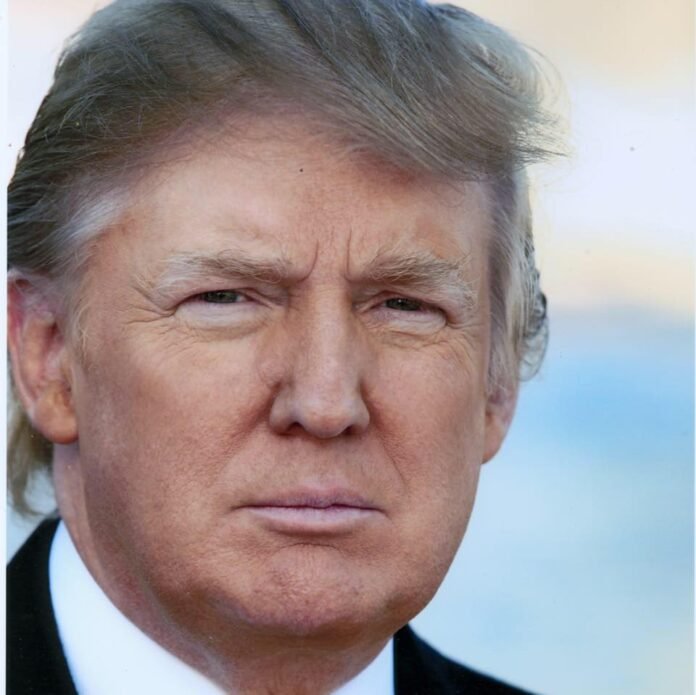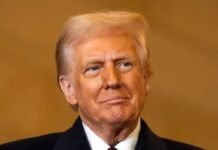In a significant policy move, former U.S. President Donald Trump announced a 25% tariff on auto imports, a decision that the White House claims will boost domestic manufacturing but may pose financial challenges for automakers reliant on global supply chains. Speaking to reporters on Wednesday, Trump emphasized that the tariffs would stimulate economic growth and reinforce American industry.
“This will continue to spur growth. We’ll effectively be charging a 25% tariff,” Trump stated, reinforcing his long-held stance on trade protectionism.
The decision is expected to create complexities for U.S. automakers, as many companies source essential components from international suppliers. This could lead to increased production costs and a potential decline in sales. The impact of the announcement was immediately reflected in stock market movements, with shares of General Motors dropping nearly 3% in afternoon trading. Ford, however, saw a slight increase in its stock price, while Stellantis, the parent company of Jeep and Chrysler, recorded a nearly 4% decline.
Trump has consistently advocated for auto import tariffs as a key component of his economic strategy, believing that such measures will incentivize manufacturers to relocate production to the United States. “We are going to be doing automobiles, which you’ve known about for a long time. We’ll be announcing that fairly soon, over the next few days probably,” he said on Monday.
The move is part of a broader initiative by Trump to reshape global trade policies, with the introduction of “reciprocal” taxes set to take effect on April 2. These tariffs aim to match the import duties and sales taxes imposed by other nations, creating a more balanced trade landscape from his administration’s perspective. However, critics argue that such tariffs could disrupt international trade relationships and lead to retaliatory measures from key trading partners.
With the global auto industry already facing challenges due to supply chain disruptions and economic uncertainties, the introduction of new tariffs adds another layer of complexity. As the policy unfolds, industry leaders and economic analysts will closely monitor its impact on both domestic manufacturing and international trade dynamics.
Inputs have been taken from web sources, and this is a web-generated news report.
#Trump #AutoTariffs #USManufacturing #TradePolicy #EconomicGrowth #GlobalTrade #AutomotiveIndustry




